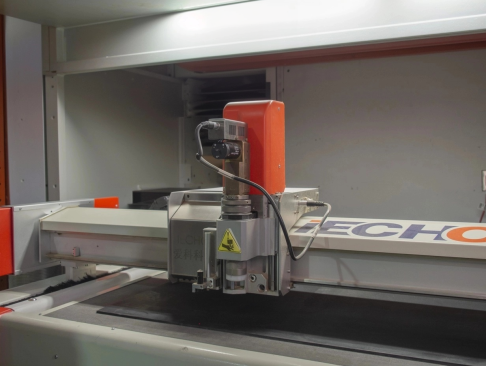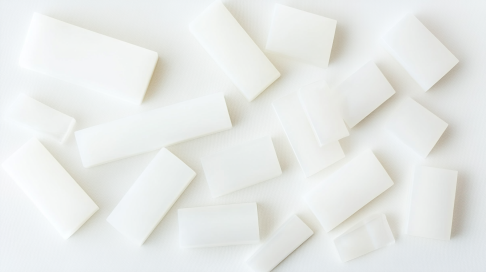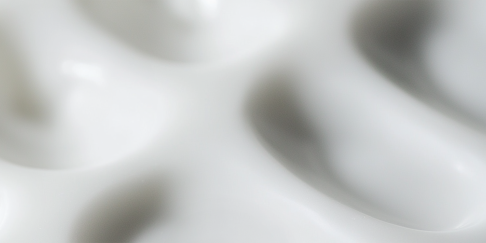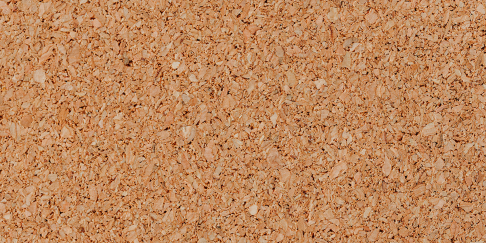Machining subcontractor for over 30 years!
ABS, a robust and modular plastic
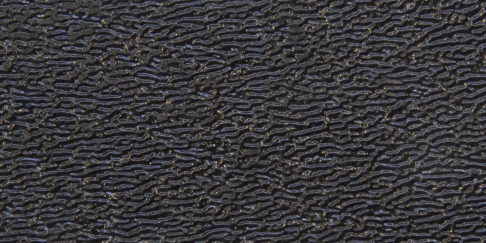
About ABS
ABS is a thermoplastic known for its versatility and exceptional performance in many industrial applications. Composed of three monomers – acrylonitrile, butadiene and styrene – this material combines rigidity, flexibility and thermal resistance.
Need a strong and easy-to-machine plastic?
At 3D Coupe, we master ABS machining with high precision. Thanks to our state-of-the-art equipment, we manufacture custom parts that meet the specific requirements of each industrial project. Contact us to discuss your project!
ABS Features
Mechanical Performance
- Excellent shock resistance: stable and impact resistant, ABS absorbs impacts well.
- Rigidity and strength: although rigid, ABS retains some flexibility, ensuring good dimensional stability while allowing some suppleness.
Thermal Performance
- Service temperature up to 80°C: ABS can maintain its mechanical properties in moderate environments, withstanding temperatures up to 80°C without compromising performance.
- Good resistance to thermal aging: it withstands temperature variations without affecting its durability.
Chemical Performance
- Resistant to many chemicals: ABS tolerates diluted acids, bases and certain solvents.
- UV sensitive without treatment: it may become brittle under prolonged UV exposure; UV treatment may be necessary.
Practicality
- Easy to machine and mold: compatible with CNC machining and injection molding, ensuring high precision.
- Customizable: ABS can be easily painted or bonded to suit various needs.
Use of ABS
ABS is a material of choice for many applications, particularly in the automotive, electronics, toy manufacturing and industrial equipment sectors. Its ability to withstand extreme conditions and be molded to precise requirements makes it indispensable in industries where robustness and ease of manufacturing are essential.
FAQ and Comparisons
Is ABS stronger than polycarbonate?
ABS is generally more rigid than polycarbonate, but the latter is more impact resistant. ABS is often preferred for applications where dimensional stability and machinability are paramount.
Can ABS be used outdoors?
Without UV treatment, ABS can degrade under prolonged sun exposure. If you plan to use it outdoors, it is advisable to opt for UV treatment or choose an alternative material.
How do you maintain ABS?
ABS is easy to maintain; simply clean it with a soft cloth and soapy water. Avoid using harsh solvents or abrasive cleaners.
Is ABS recyclable?
Yes, ABS is recyclable and can be reused in the production of new plastic parts.
Is ABS heat resistant?
ABS can withstand temperatures up to 80°C without softening, but beyond that, it may begin to deform.
Can ABS be easily bonded?
Yes, ABS can be bonded with solvents such as acetone or specialty plastic adhesives, ensuring strong bonds.
ABS vs PVC: Which to choose?
ABS offers better impact resistance and is easier to machine compared to PVC, which is more resistant to UV and harsh chemicals. The choice depends on the application and the required properties.
Production Experts
Presented with refined finesse, exemplary balance and strong support. With understated elegance and meticulous attention, every detail is crafted to perfection.

We drive our clients’ growth through smart, customized subcontracting partnerships.
